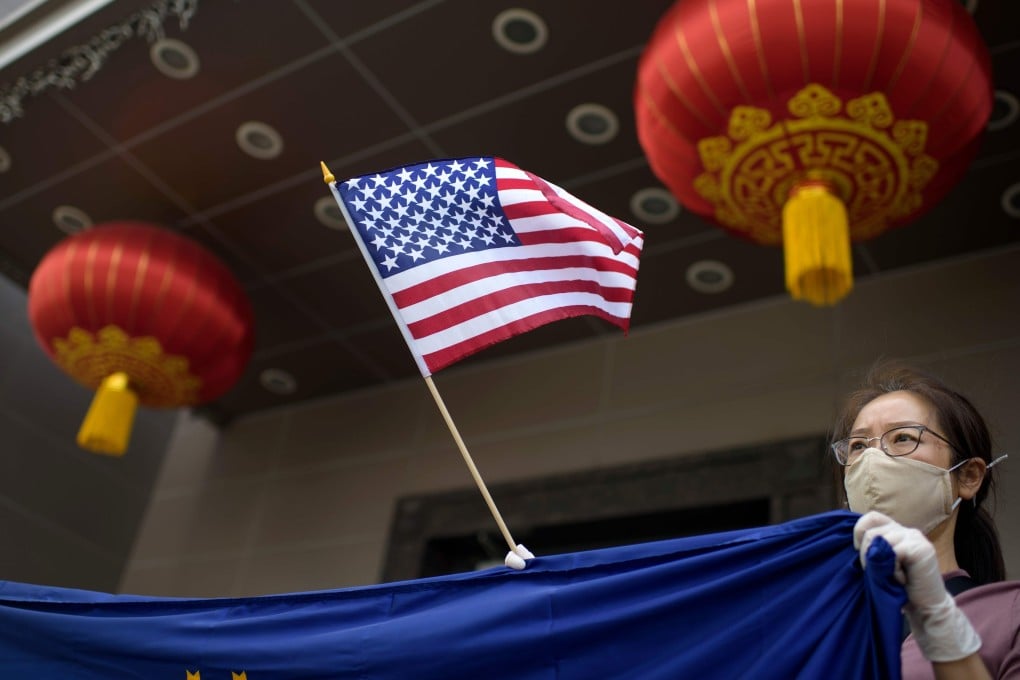US laws ill equipped to halt suspected Chinese state-sponsored technology transfers, says congressional group
- Export controls and IP laws do not cover most of the data Beijing acquires through programmes that support Chinese researchers in the US, says report
- Concerns of technology transfers has led to scores of charges against Chinese researchers over the past year

“US law permitting the legal transfer of [scientific and technical] knowledge is predicated on potentially outdated assumptions that do not consider the increasingly close involvement of both US and Chinese academia in sensitive research,” the US-China Economic and Security Review Commission (USCC) said in a report.
“Because Beijing has promulgated a strategy of ‘military-civil fusion’ and dictated that those with [science and technology] expertise should serve the cause of national rejuvenation, state-affiliated institutions likely absorb and leverage this expertise to improve China’s military capabilities and further the interests of the” Chinese Communist Party (CCP), according to the report, titled “Overseas Chinese Students and Scholars in China’s Drive for Innovation”.
Export controls and intellectual property laws do not cover most of the technical data that Beijing acquires through programmes that support Chinese researchers in the US, including those run by China’s People’s Liberation Army because much of this material is “fundamental research or general management expertise such as laboratory design”, the report said.

03:07
Stop offering ‘untrusted’ Chinese apps like TikTok and WeChat, Washington urges US tech companies